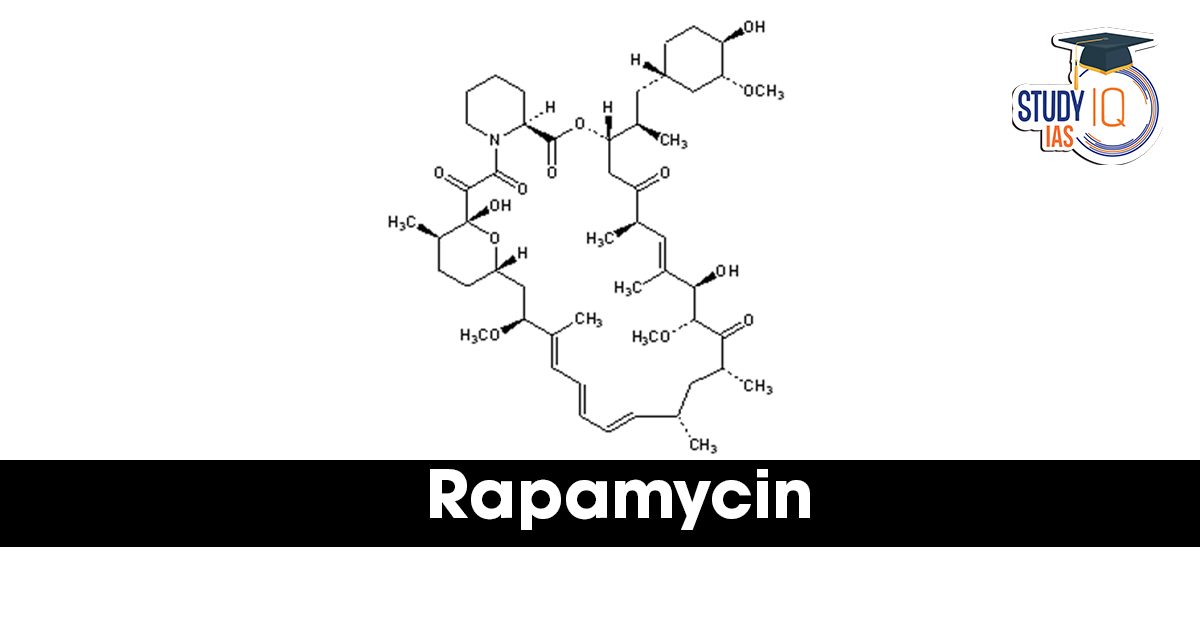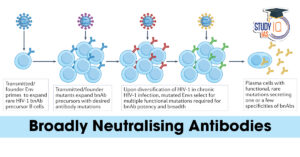Context: Scientists may have found a way to extend lifespan using two existing drugs, Rapamycin and Metformin, which mimic calorie restriction. Human trials are yet to begin.
About Rapamycin
- Rapamycin (sirolimus) is an FDA-approved drug known for inhibiting the mTOR (mechanistic Target Of Rapamycin) pathway.
- Mechanism of Action: suppresses cell growth, promotes autophagy, and delays ageing.
- Effect on Lifespan (Animal Models):
- Extends lifespan in mice by 20–60%, even when started late in life (e.g., 3‑month or 6‑week treatment in middle‑aged mice).
- Lifespan extension is observed across species: yeast, worms, flies, and mice.
- Mode of Lifespan Extension:
- Primarily delays cancer development (neoplastic disease) but also slows ageing processes via mTOR inhibition.
- Healthspan Benefits:
- Improves muscle strength, motor coordination, and cognitive performance, and reduces age-related dysfunction in rodents.
- Treatment Regimens:
- Both chronic and intermittent dosing are effective; short-term mid-life treatment can yield effects similar to lifelong use .
- Translational Prospects:
- Preclinical data show lifespan and healthspan enhancement; human trials in older adults are limited and focus on safety, immune response, and biomarkers.
- Caveats & Concerns:
- Being an immunosuppressant, risks include infection susceptibility, mouth ulcers, hyperlipidemia, and insulin resistance.
- Optimal dosing and timing (especially to minimise side effects) are still under investigation.


 Advanced Air Defence Radars: Types, Comp...
Advanced Air Defence Radars: Types, Comp...
 Ion Chromatography, Working and Applicat...
Ion Chromatography, Working and Applicat...
 Broadly Neutralising Antibodies (bNAbs):...
Broadly Neutralising Antibodies (bNAbs):...

























